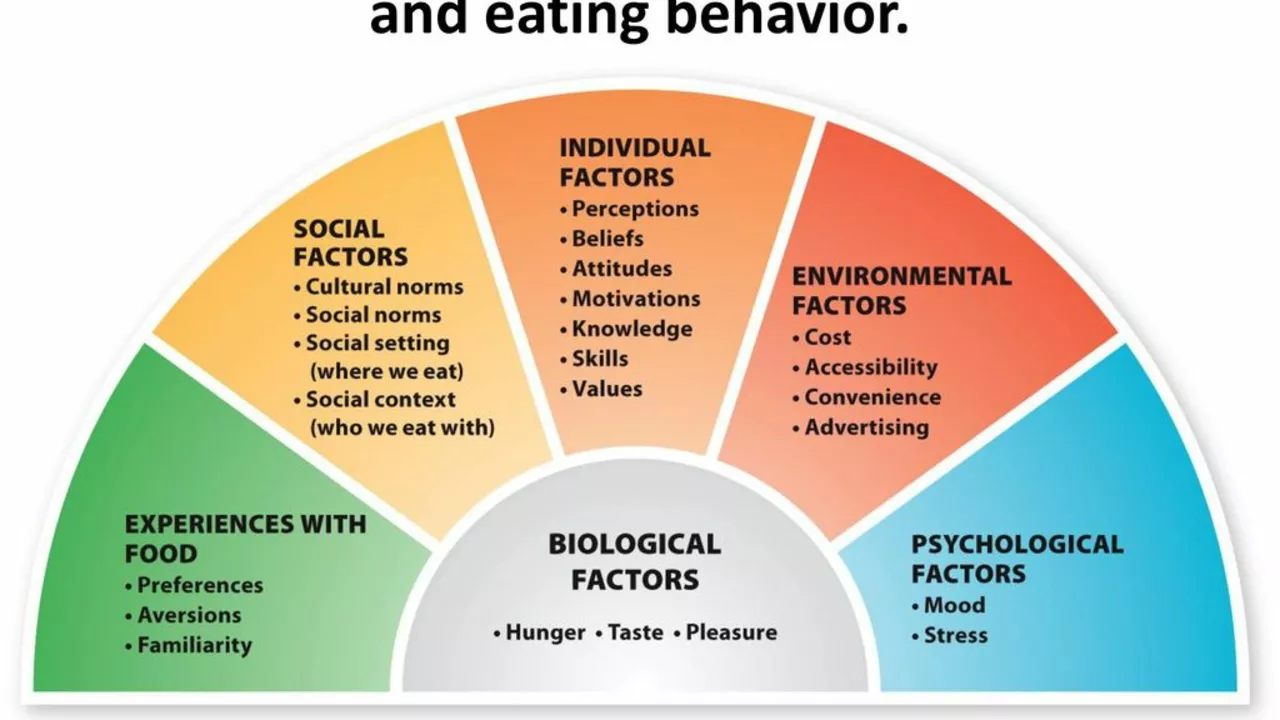Alcohol Consumption and Its Impact on Hedge Fund Professionals
When you work in a fast‑paced hedge fund, every decision can move millions. A night out with a couple of drinks might sound harmless, but alcohol can blur judgment, slow reaction time, and even affect your health. In India’s hedge fund scene, where markets are volatile and competition is fierce, understanding the real cost of drinking is essential.
First, let’s see what happens inside the brain after a few drinks. Alcohol reduces the brain’s ability to process risk, making you more likely to take on positions that feel exciting but carry hidden danger. It also hampers memory, so you might forget critical data you’ve reviewed earlier in the day. Over time, regular heavy drinking can lead to chronic health issues—high blood pressure, liver problems, and sleep disorders—all of which drain energy and focus.
How Drinking Influences Decision‑Making
Imagine you’re reviewing a potential investment in a tech startup. You’ve got the financials, market outlook, and a team of analysts. After a glass of wine, your brain’s risk filter weakens. You might give more weight to hype and less to the warning signs. Studies in behavioral finance show that even low‑level alcohol consumption can tilt risk appetite upward by 10‑15 percent. In a hedge fund, that shift can mean the difference between a profitable trade and a costly loss.
Another subtle effect is confidence. A few drinks often boost confidence, which sounds good—until it borders on overconfidence. Overconfident traders tend to ignore stop‑loss limits and increase position sizes. The result? Higher volatility in personal performance and, eventually, in the fund’s returns.
Team dynamics suffer too. After a night of drinking, communication becomes sloppy. Missed emails, delayed responses, and unclear briefings can slow down deal execution. In a sector where timing is everything, those delays add up quickly.
Practical Tips to Keep Consumption in Check
1. **Set a personal limit** – Decide before you go out how many drinks you’ll have and stick to it. Use a simple rule like “one drink per hour”.
2. **Track your intake** – A notes app on your phone can remind you how much you’ve had. Seeing the numbers helps you stay honest.
3. **Schedule heavy‑thinking tasks for sober hours** – Reserve market analysis, model building, and trade approvals for times when you’re fully alert, typically before noon or after a full night's sleep.
4. **Choose low‑alcohol options** – Light beer, spritzers, or non‑alcoholic mocktails let you stay social without the same impact on brain function.
5. **Plan recovery time** – If you know you’ll drink, block out a few hours the next day for rest, hydration, and a light workout. That routine helps you bounce back faster.
6. **Talk openly with colleagues** – A culture where team members can discuss drinking habits without judgment encourages responsible behavior. Some funds even have wellness programs that include alcohol education.
Remember, moderation isn’t about quitting; it’s about protecting your edge. When you keep consumption in check, you preserve the sharp thinking that makes hedge fund work rewarding.
In the end, the goal is simple: enjoy a social drink without letting it cloud the decisions that drive your fund’s success. By being aware of the risks and applying these everyday tips, you can stay healthy, stay focused, and keep your performance on track.
Why consuming alcohol is considered bad in Indian families?
In Indian families, alcohol consumption is often viewed negatively due to a mix of religious beliefs, cultural norms, and health concerns. Many Indian religions, like Hinduism and Islam, discourage or outright prohibit alcohol due to its intoxicating effects. Culturally, excessive drinking is seen as a sign of a lack of self-control and discipline. There's also a strong awareness about the health risks linked to alcohol abuse such as liver disease and mental health issues. Lastly, the impact of alcoholism on family life and society, including domestic violence and financial instability, is another serious concern.
